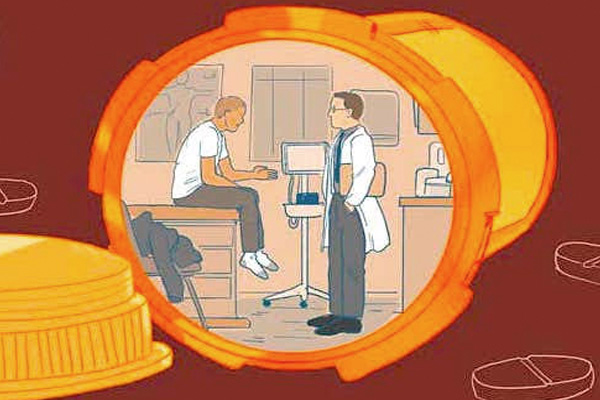IN OUR DREAMS? –
March 7, 2022 – Drug addiction involves changes in the brain, and those changes are in brain circuits that we use for everyday life—for seeking food and shelter, procreating our species, avoiding things that are aversive and painful, and so on. When drugs initially tap into those systems, they make you feel really good. And then there’s payback. There’s no free ride in the brain. When you overwork the feeling-good circuits, then you engage the feeling-bad circuits—what you would call, in common parlance, a hangover. And hangovers can also evolve into withdrawal syndromes, or protracted withdrawal syndromes, and make people miserable for long periods of time.
That makes curing addiction a challenge, because you have to get those circuits back into homeostasis—i.e., a normal range of functioning—and that’s not always so easy, because sometimes, the changes are actually permanent. Alcohol and drug overdoses can damage the frontal cortex, and create deficits there that persist for a long period of time. You can’t grow back circuits that you’ve killed. What you can do is, in a sense, rewire things, by strengthening other circuits.



